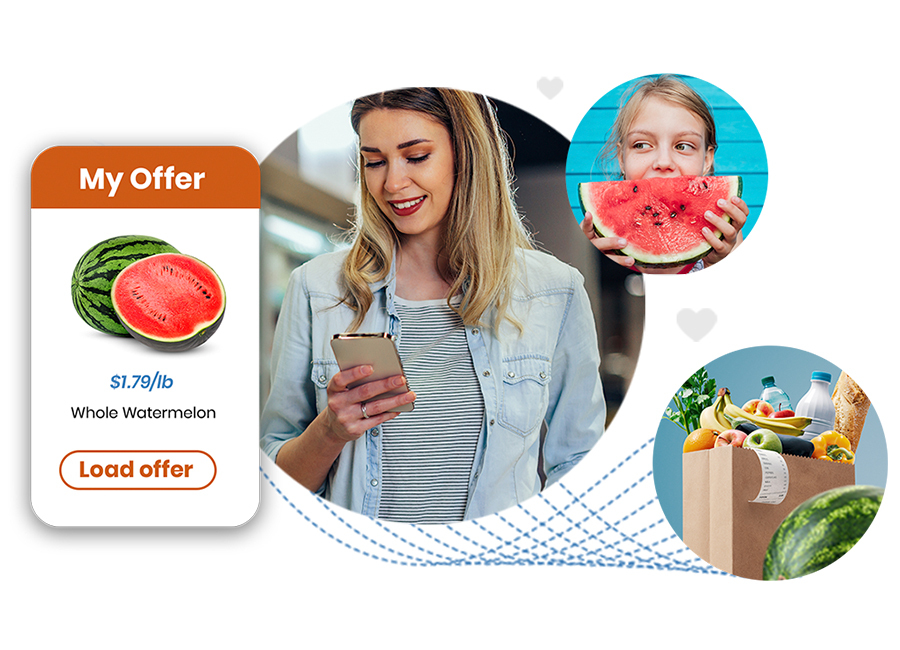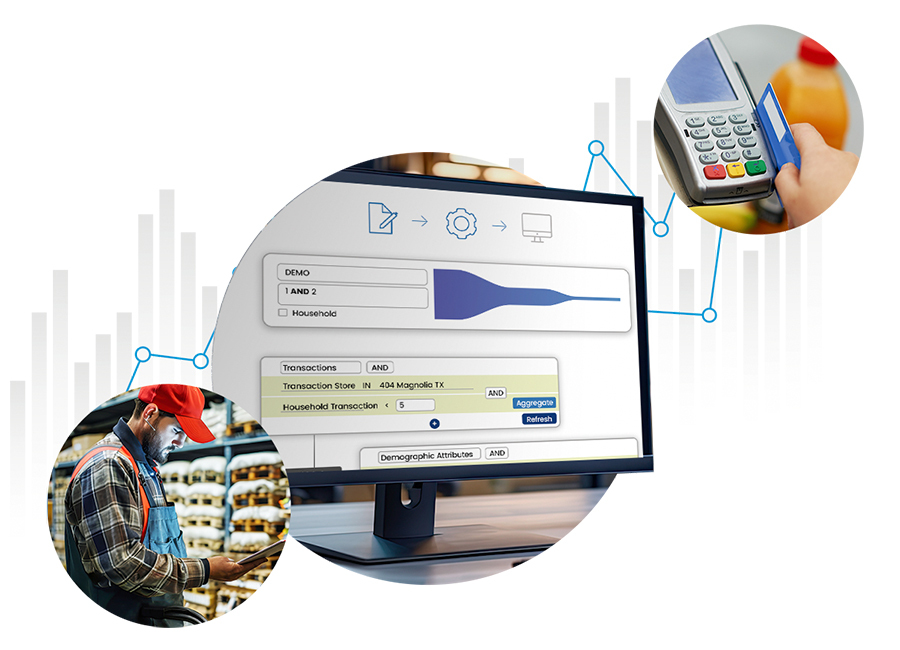Optimizing Customer Experience And Loyalty Through Effective Grocery Personalization Strategies

Introduction
Grocery personalization is a cutting-edge approach in the retail industry that leverages advanced technologies to customize the shopping experience to individual customer preferences and behaviors. This strategy uses personalization technology to analyze customer data and provide personalized recommendations, offers, and shopping experiences that meet the unique needs of each shopper.
Grocery personalization has become crucial due to the increasing demand for customized shopping experiences. Customers today expect more than just generic service; they want interactions and offerings that resonate with their personal preferences and shopping habits. By implementing grocery personalization strategies, retailers can significantly enhance the shopping experience, boost customer loyalty, and drive higher sales and retention rates.
This personalized approach not only improves customer satisfaction but also provides retailers with valuable insights into consumer behavior, enabling them to refine their personalization algorithms and deliver even more targeted and effective marketing campaigns. As a result, grocery personalization is not just a trend but a vital component of a successful retail strategy in today's competitive market.

Explanation of Grocery Personalization
Grocery personalization is the practice of customizing the grocery shopping experience to match the unique preferences and needs of individual customers. This process involves using personalization technology to analyze customer data and deliver personalized recommendations, targeted promotions, and customized shopping experiences. By implementing grocery personalization, retailers can enhance customer satisfaction, increase loyalty, and drive sales.
Key Elements Involved
By incorporating these technologies and practices, grocery retailers can offer a shopping experience that meets customer expectations. This approach to grocery personalization builds strong customer relationships and increases satisfaction.
Grocery personalization starts with gathering and analyzing customer data. Retailers collect data from various sources such as online shopping behaviors, in-store purchases, and loyalty programs. This data provides insights into customer preferences and shopping patterns.
Contextualized Commerce
Contextualized commerce integrates shopping opportunities into daily activities. By understanding the context in which customers shop, retailers can offer relevant deals and recommendations.
Sending a snack discount: Offering a discount on snacks when a customer browses party recipes can increase sales.
Offering seasonal items: Providing seasonal items during specific times of the year enhances the shopping experience.
Recommending complementary products: Suggesting items that complement current purchases boosts customer satisfaction.
Grocery Ecommerce Software
Modern grocery ecommerce software includes personalization features. These platforms manage and deploy personalized content across websites, mobile apps, and in-store kiosks.
Integrating with customer data platforms: Ensures all customer interactions are personalized.
Ensuring consistent experience across all channels: Provides a seamless shopping journey.
Managing personalized content and offers: Helps in delivering relevant recommendations and promotions.
Data-Driven Personalization
Data-driven personalization uses analytics to guide personalization efforts. By monitoring customer interactions, retailers adjust strategies to meet customer needs better.
Continuous analysis of customer behavior: Regularly analyzes data to keep up with changing preferences.
Updating offers based on recent data: Keeps the content relevant and timely.
Ensuring relevance and timeliness of content: Provides customers with the most appropriate recommendations.
In today's market, delivering a personalized shopping experience is essential for maintaining customer loyalty and driving sales.

Conclusion
Grocery personalization develops advanced technologies such as AI, data-driven personalization, and personalization algorithms to create tailored shopping experiences that align with individual customer preferences. This approach enriches customer satisfaction, increases loyalty, and improves operational efficiency for retailers. The use of personalization technology in grocery shopping is essential in today's competitive market, as it not only meets but exceeds customer expectations, fostering deeper customer relationships and driving long-term business success.









Comments